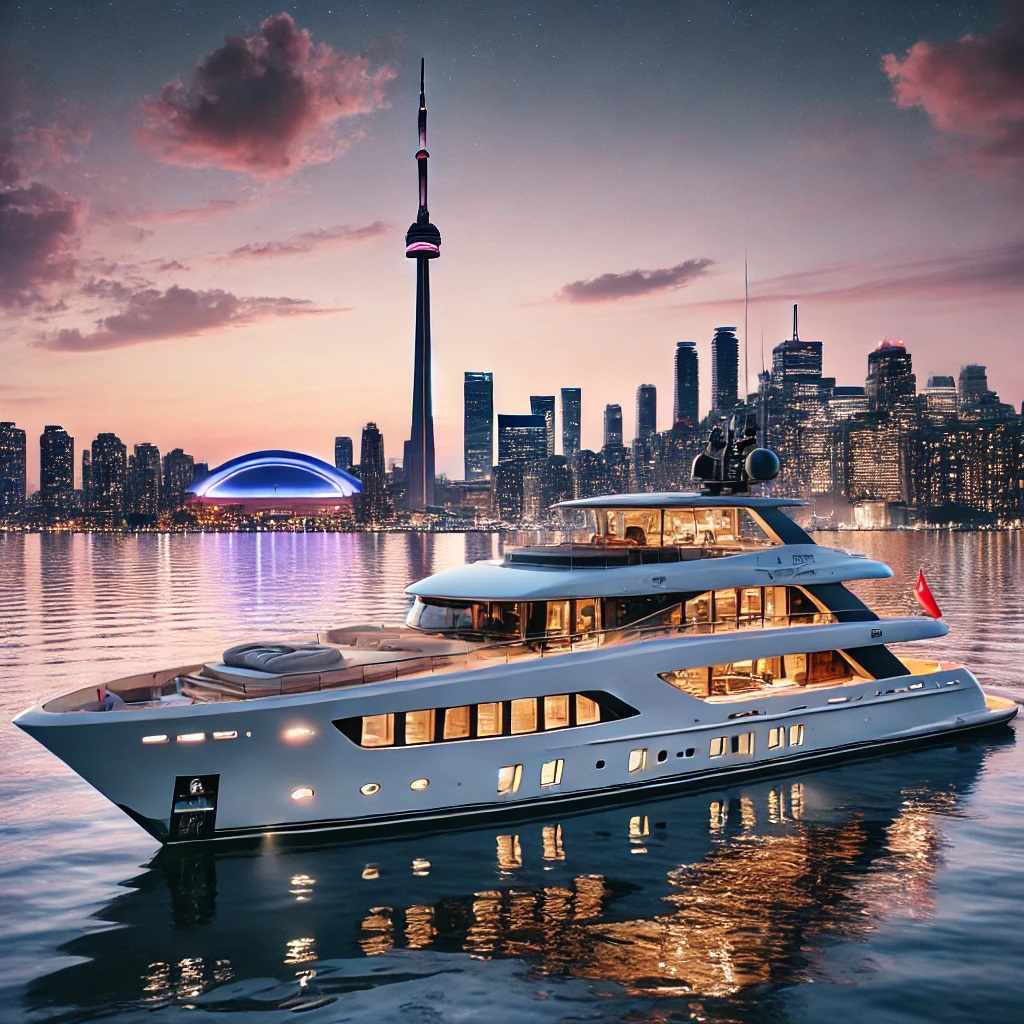
Introduction
Boating is a cherished pastime in Toronto, offering stunning views of the city’s skyline and access to the Toronto Islands. However, the beauty of the water comes with responsibilities. Compliance with local and federal boating regulations ensures safety, environmental protection, and the enjoyment of all. This guide boats for sale Toronto explores licensing, safety equipment, operational guidelines, and more.
1. Licensing and Registration
Boat Licensing Requirements
In Canada, all motorized boats require a valid Pleasure Craft License. The license number must be displayed on both sides of the bow in contrasting colors.
Operator Competency
To operate a motorized vessel, individuals must carry proof of competency, such as the Pleasure Craft Operator Card (PCOC). This certification can be obtained by passing a Transport Canada-approved boating safety course.
2. Safety Equipment
Mandatory Safety Gear
Transport Canada mandates specific safety equipment on board:
Personal Floatation Devices (PFDs): One for each person onboard.
Sound Signaling Device: Such as a whistle or horn.
Navigation Lights: Required for nighttime or low-visibility operation.
Fire Extinguisher: Necessary for boats with enclosed fuel compartments.
Bailing Device: A bucket or manual pump.
Additional Recommendations
While not mandatory, items like a first aid kit, extra fuel, and a waterproof flashlight are advisable for emergencies.
3. Navigational Rules
Speed Limits
Boaters must adhere to speed limits:
10 km/h within 30 meters of the shore in most areas.
Reduced speeds in designated "no-wake" zones, such as the Toronto Islands.
Right of Way
Non-motorized vessels (kayaks, paddleboards) have priority.
Sailboats under sail generally have the right of way over motorized vessels.
Restricted Areas
Boaters must avoid swimming areas, ferries, and commercial shipping lanes marked by buoys and signage.
4. Environmental Considerations
Pollution Prevention
Disposing of waste, oil, or sewage into the water is strictly prohibited. Use designated pump-out stations and trash disposal facilities.
Invasive Species
To prevent the spread of invasive species like zebra mussels, clean your boat and trailer thoroughly before launching in a new water body.
5. Alcohol and Boating
Operating a boat under the influence of alcohol or drugs is illegal. The legal blood alcohol limit is 0.08%. Penalties include fines, license suspension, or even imprisonment.
6. Toronto-Specific Guidelines
Permits for Special Events
If you’re organizing a regatta or water event, a special permit from the city is required.
Harbor Rules
The Toronto Harborfront has additional rules:
Docking restrictions in certain areas.
Adherence to mooring time limits.
Seasonal Restrictions
The boating season typically runs from May to October. Ice or hazardous conditions may extend restrictions during the offseason.
7. Enforcement and Penalties
Law enforcement agencies such as the Toronto Police Marine Unit and Transport Canada officers patrol the waters to enforce regulations. Non-compliance can result in:
Fines ranging from $200 to $1,000.
Confiscation of the vessel.
Criminal charges for severe offenses.
Conclusion
Boating in Toronto offers a unique opportunity to explore one of Canada’s most picturesque waterfronts. By adhering to the city’s regulations, boaters can ensure their safety, protect the environment, and contribute to a positive boating culture. Whether you're a seasoned sailor or a first-time boater, understanding and following these rules is your responsibility.
FAQs
1. Do I need a license for a non-motorized boat?
No, non-motorized boats like kayaks and canoes do not require a license. However, safety equipment such as PFDs is mandatory.
2. Can I fish while boating in Toronto?
Yes, but you must have a valid Ontario fishing license and adhere to provincial fishing regulations.
3. What is a "no-wake" zone?
A "no-wake" zone is an area where boats must travel at minimal speed to prevent waves that could damage docks or disrupt other water users.
4. Are dogs allowed on boats in Toronto?
Yes, but ensure your pet wears a PFD and remains supervised at all times.
5. How can I report unsafe boating behavior?
Report incidents to the Toronto Police Marine Unit via their non-emergency contact number.














Write a comment ...